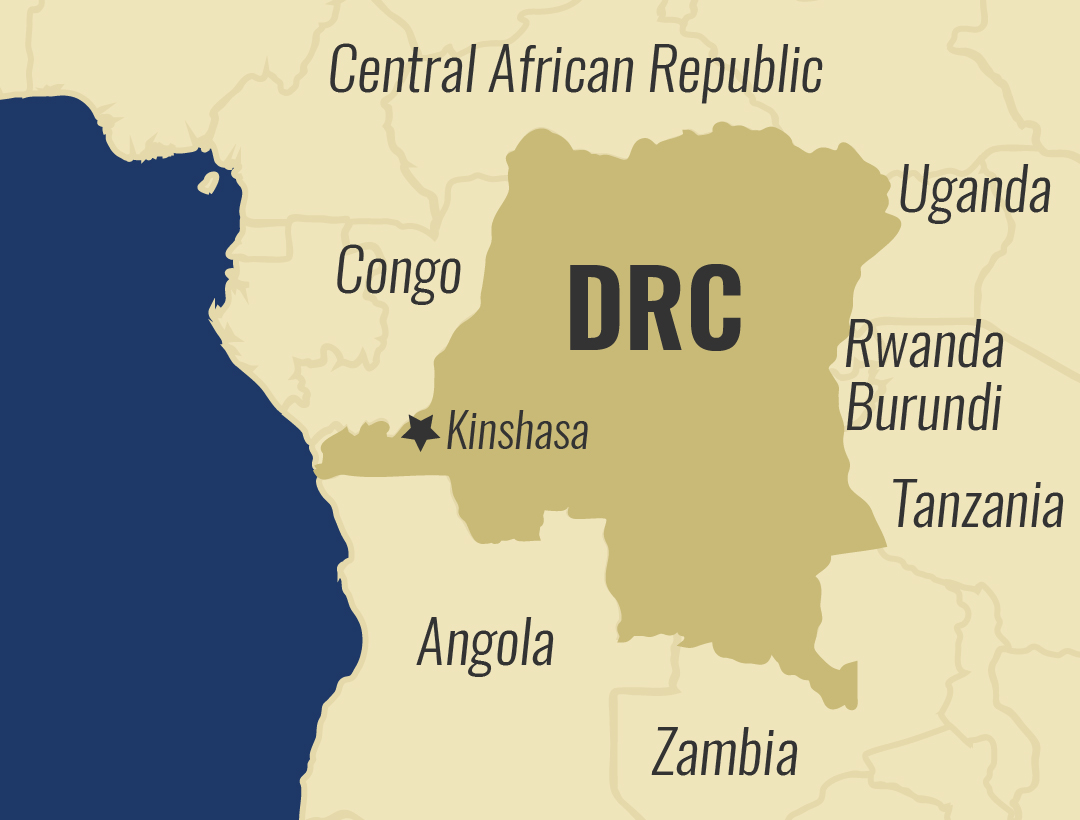Faces of Africa – Franco: King of Rumba
In the Democratic Republic of Congo, the year 1938 carries special significance. It is the year guitar master, Rumba legend, and Congolese national hero Francois “Franco” Luambo Makiadi was born. A powerful vocalist and gifted musician, Franco was a divisive figure among his peers because of his strong personality and love of wealth which often led to disputes with fellow band members. Franco is considered one of the most influential African artists, and is still idolized in his native DRC today.

Franco arrived in what was then Léopoldville at a young age, with nothing to his name. He learned how to play the guitar by watching musicians perform in the numerous bars and clubs of the Congolese capital that featured live bands. The young Franco started playing at weddings in funerals to make a living. His breakthrough in popularity came in 1956 with the founding of OK Jazz. Franco and his musician friends had been performing live at the OK Bar—an establishment named after its owner Oscar Kashama—for some time, and sought to establish themselves as a band. When Kashama overheard the group debating what the name of their band should be, he suggested they name it after the bar. OK Jazz was born.

Despite its name, the band did not play jazz music. Their style was inspired by the Cuban rhythms of Rumba, but also integrated elements of traditional African music over time. Unlike many of his fellow artists at the time who preferred the more elitist French language, Franco sang in the local Bantu language Lingala. After Congo was granted independence in 1960, the thriving nightlife in the newly renamed capital Kinshasa provided an ideal platform for Franco and OK Jazz’s rise to prominence. Already popular before independence, the band and its members became famous across the continent. In that decade, vibrant economy meant Congolese musicians had access to all the latest advances in musical technology such as electric guitars and amplifiers, and ruled the African musical scene. The members of TPOK Jazz (the two first letters, short for “Tout-Puissant” or “Almighty” were added in the seventies) were chief among them.

Although TPOK was a band, Franco’s charismatic personality and skill all but eclipsed his fellow musicians, leaving him to bask in the spotlight. Franco’s popularity was such that many Congolese followed his every move with rapt attention: “Franco was a model for every Congolese,” remembers his tour manager, “if he started wearing slippers everybody in Kinshasa would start wearing them”. A former member of TPOK remembers live performances were often the scene of extreme displays of fanaticism on the part of admirers. “In 1973 was the first time we played in Tanzania. I saw people die. Two men had fallen down, they were trampled on. They had wanted to see Franco and even touch Franco”.

Mobuto Sese Seko, the President who ruled Kinshasa from 1965 to 1997 and reshaped the Republic of Congo into Zaire, recognized the political potential of such widespread influence. The two men forged a political partnership, and Franco wrote songs in support of Mobutu’s candidature that were a major factor in Mobutu’s initial popularity.
Franco’s fame owes a lot to his lyrics. They addressed the everyday struggles of the common man, and Franco also sang to raise awareness of AIDS when the disease emerged as the biggest threat to public health in the Zaire of the 1980s. Franco Luambo died in 1989.






